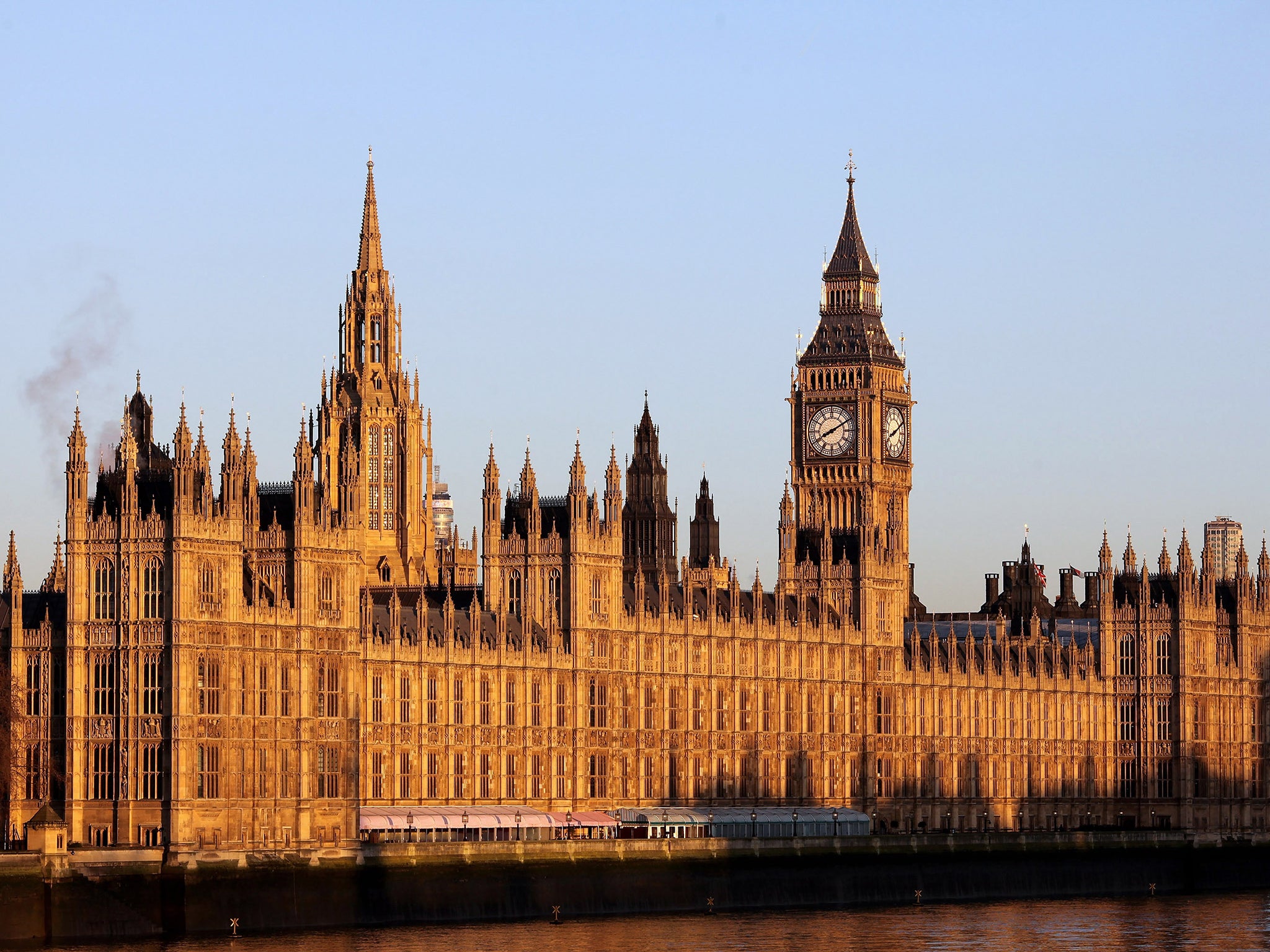British Bill of Rights to be fast-tracked into law by next summer
Exclusive: The proposed bill would hasten the end of the Human Rights Act

The Government is planning to fast-track the creation of a British Bill of Rights, aiming to get the hotly contested legislation on to the statute books by next summer.
MPs thought the Lord Chancellor, Michael Gove, would delay the Bill, which would scrap the 1998 Human Rights Act (HRA), until later this Parliament, because it warranted only 12 words in the Queen’s Speech in May. A Bill of Rights was a manifesto pledge, but is opposed by civil liberties groups that think it will restrict freedoms guaranteed under the European Convention on Human Rights (ECHR).
The HRA incorporated the ECHR in British law. Many, predominantly Conservatives, believe the HRA has been misinterpreted, so that decisions in the European Court of Human Rights in Strasbourg could be regarded as taking precedence over the UK’s Supreme Court. For example, the UK bans prisoners from voting, which Strasbourg says contravenes the ECHR.
A 12-week public consultation on the Bill of Rights will start in November or December. It will be worded to make clear that the UK will not pull out of the ECHR, as some critics have feared, and will even mirror much of its language in an effort to calm opposition.
A Bill will then go straight to the House of Commons without a Green or White Paper, which are typically introduced before legislative scrutiny. This is unusual but not unique; officials believe the consultation will ensure it has been properly examined prior to going before Parliament.
Many ministers want the Bill to be law before the EU in/out referendum, which is expected to be in 2017 rather than next year. Although the ECHR is separate from Britain’s EU membership, the two issues are often linked in the minds of the public and some Eurosceptics. Ministers think it would be better to settle the issue before the referendum campaigns get going.
A cabinet minister told The Independent on Sunday that the summer timescale was “aspirational”, because the Bill could be “really clogged up in the House of Lords” and predicted it was more likely to be law by the end of next year. The upper chamber has some seasoned lawyers, many of whom fear the consequences of scrapping the HRA, and the Tories do not command a majority in the Lords.
Mr Gove is understood to be visiting Scotland before the consultation is published, when he will try to convince the Scottish government to back the Bill of Rights. He will also need the support of Wales and Northern Ireland. The Bill will need to be carried over to the next Queen’s Speech, expected in May, if it is to become law before MPs leave for summer recess in July.
Martin Howe QC, who has previously worked on plans to scrap the HRA, said: “If the new Bill of Rights is written incorporating the language of the ECHR, it should be enough to placate sensible people, but I very much doubt it will be enough to placate what has become a human rights industry. They treat the HRA as a sacred text.”
Mr Howe added that a provision stating the UK “must take into account” decisions in Strasbourg has been misinterpreted. “[This] was intended to leave our courts free to depart from Strasbourg decisions if our courts disagreed with them. But it has been interpreted by two decisions in the House of Lords to mean that if Strasbourg has clear and consistent jurisprudence, our courts must follow Strasbourg decisions.
I very much doubt it will be enough to placate what has become a human rights industry. They treat the HRA as a sacred text
“This is problematic in areas where Strasbourg has gone off the rails, such as prisoner voting. Most of the rights in the ECHR map on to rights that are already in our law. There are important areas, such as asylum and freedom of the press, where interpretation needs reform. There’s nothing wrong with the convention; it’s the interpretation by Strasbourg which is the problem.”
Opponents seized on what they view as a lack of pre-legislative scrutiny which Tim Farron, the Liberal Democrat leader, said would “make a mockery of Parliament but more importantly the British people”. He added: “Fundamental British rights should not be treated in this haphazard way. Generations before us died for them.”

The leading human rights barrister Geoffrey Robertson QC said it would be an “outrage” if MPs “rushed through a new bill”. He said: “To sacrifice our liberties to the exigencies of internal Conservative Party politics would be a terrible legacy for David Cameron.”
A Ministry of Justice spokesman said: “This is pure speculation. This Government was elected with a mandate to reform and modernise the UK human rights framework.”
Behind the bill
The Council of Europe was founded in 1949 as a force for democracy and the rule of law in post-war Europe. It is based in Strasbourg.
The UK was among its first of 47 members and is not part of the European Union. In 1950, the council drafted the European Convention on Human Rights.
This established the European Court of Human Rights, also based in Strasbourg. In 1997, it was Labour policy to incorporate the ECHR in British law so that people did not have to go to Strasbourg to enforce their human rights. The HRA was passed the following year. However, Conservatives and others grew concerned that a series of judgments suggested that Strasbourg trumped the UK courts on human rights decisions.
Dominic Raab, a civil libertarian MP, was promoted to government after the election to develop a British Bill of Rights to replace the HRA. The Bill is expected to include many of the rights found in the ECHR, such as prohibiting torture, but ensure British courts have seniority over Strasbourg.
Join our commenting forum
Join thought-provoking conversations, follow other Independent readers and see their replies
Comments
Bookmark popover
Removed from bookmarks